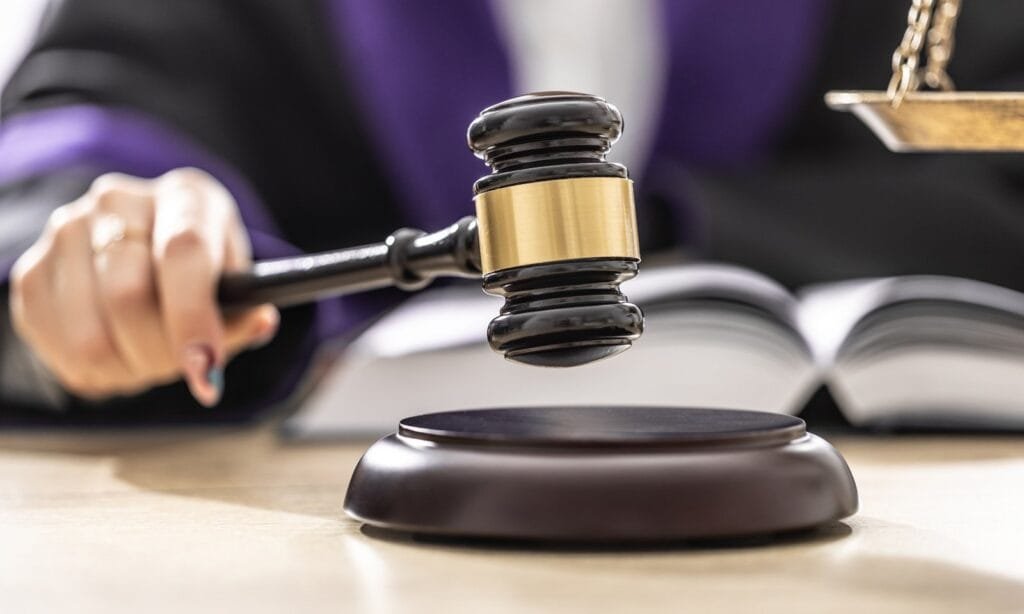The holiday season, a time usually filled with joy and celebration, can bring added stress for those managing debt. For some, the anxiety of potential bailiff visits during this period can dampen the holiday spirit. My Debt Plan understands the need for a compassionate approach to debt solutions, offering support through Individual Voluntary Arrangements (IVAs) and other options to help relieve financial pressure. Here’s a guide on how to handle bailiff visits during the holidays while protecting your peace of mind.
Understand Your Rights
In the UK, knowing your rights around bailiff visits is crucial. Bailiffs, also known as enforcement agents, have limited powers when visiting your property. For instance, they are not allowed to enter your home by force or break down doors. They may only enter through an unlocked door or be invited in. Bailiffs are generally not permitted to visit you on public holidays or Sundays, so keep this in mind if a visit is scheduled over the festive period. Familiarize yourself with your rights to manage bailiff visits confidently.
Communicate Proactively with Creditors
If you’re struggling with debt, proactively reaching out to creditors can often prevent escalation to bailiff visits. Many creditors are open to discussing payment plans or alternative arrangements, especially if you demonstrate a commitment to repay. Open communication can sometimes prevent the need for bailiff intervention, giving you more control over your financial situation during the holidays.
Consider an Individual Voluntary Arrangement (IVA)
An IVA, one of My Debt Plan’s main services, can be a powerful tool to prevent bailiff visits altogether. An IVA is a legally binding agreement between you and your creditors that consolidates your debts into manageable monthly payments, often over a five-year period. Once an IVA is in place, it legally protects you from enforcement actions, including bailiff visits. This can offer much-needed relief during the holiday season, helping you focus on other priorities without the added worry of unexpected visits.
Be Mindful of What Bailiffs Can and Cannot Take
Bailiffs are restricted in what they are allowed to take to repay your debt. Essentials like clothing, household furniture, and items necessary for work or education are usually exempt. If a bailiff does visit, knowing these restrictions can help you keep the essentials safe. Additionally, avoid allowing bailiffs inside your home; if they can’t enter, they cannot assess your property for assets to seize.
Seek Debt Help and Advice
If you’re concerned about bailiff visits, don’t hesitate to seek advice. At My Debt Plan, we specialize in empathetic and trustworthy support, helping people navigate debt through options like IVAs, debt consolidation, and other tailored solutions. Seeking professional guidance can help you understand your options and select a strategy that’s best for your circumstances. It’s also helpful to stay in touch with free resources such as Citizens Advice for additional support.
Stay Calm and Document Interactions
If a bailiff does show up, try to stay calm and courteous. Politely ask for identification and details of the debt they are collecting on. Document any communication or actions taken by the bailiff, as this can be useful if you need to challenge their actions later. Remember, bailiffs are bound by a strict code of conduct, and you have the right to report any harassment or improper behaviour to the appropriate authorities.
Summary
The holiday season can bring unique challenges, especially when managing debt. By understanding your rights, communicating proactively, considering an IVA, and seeking support, you can handle bailiff visits with greater confidence. At My Debt Plan, we’re here to help you find debt solutions that protect your well-being, giving you a pathway to financial stability and a more peaceful holiday season.






